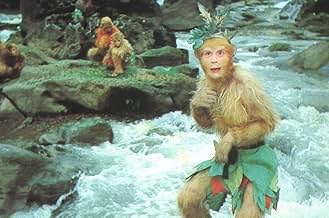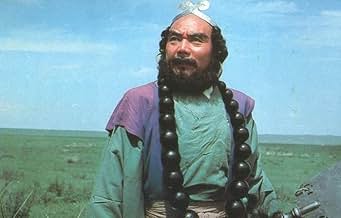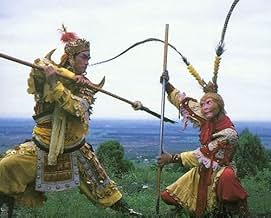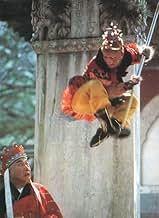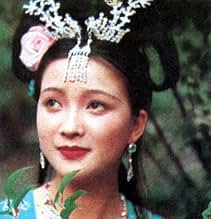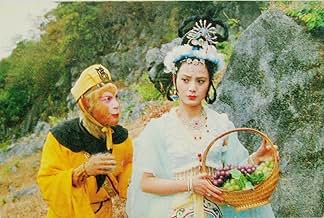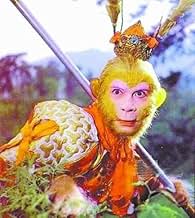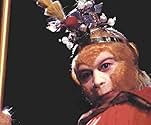Participate in the legendary long pilgrimage of Tang Dynasty Buddhist monk Tang Shen, who traveled to the western regions of Central Asia and India to obtain sacred Buddhist texts.Participate in the legendary long pilgrimage of Tang Dynasty Buddhist monk Tang Shen, who traveled to the western regions of Central Asia and India to obtain sacred Buddhist texts.Participate in the legendary long pilgrimage of Tang Dynasty Buddhist monk Tang Shen, who traveled to the western regions of Central Asia and India to obtain sacred Buddhist texts.

